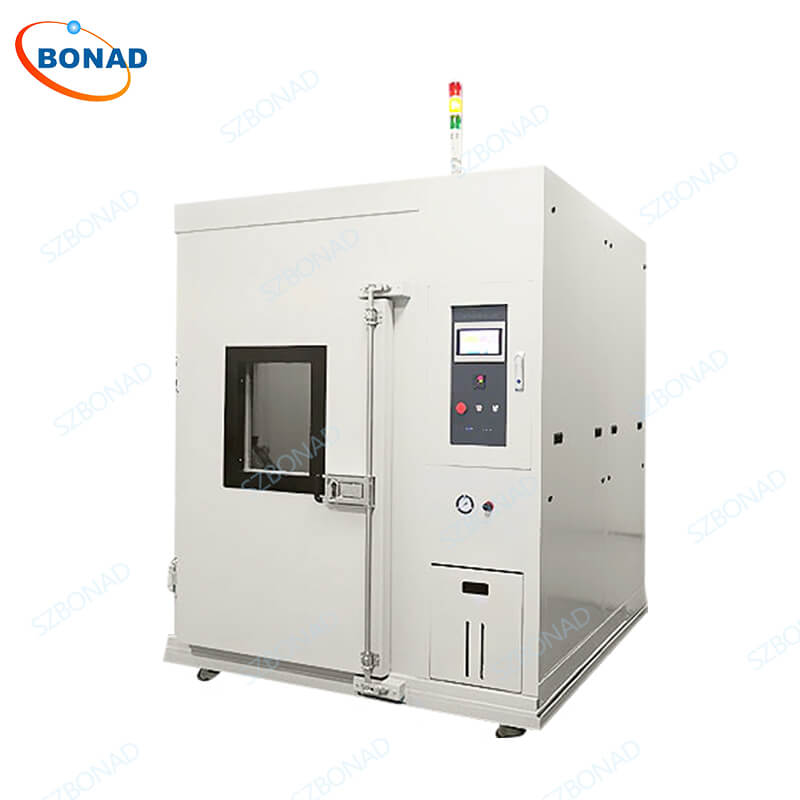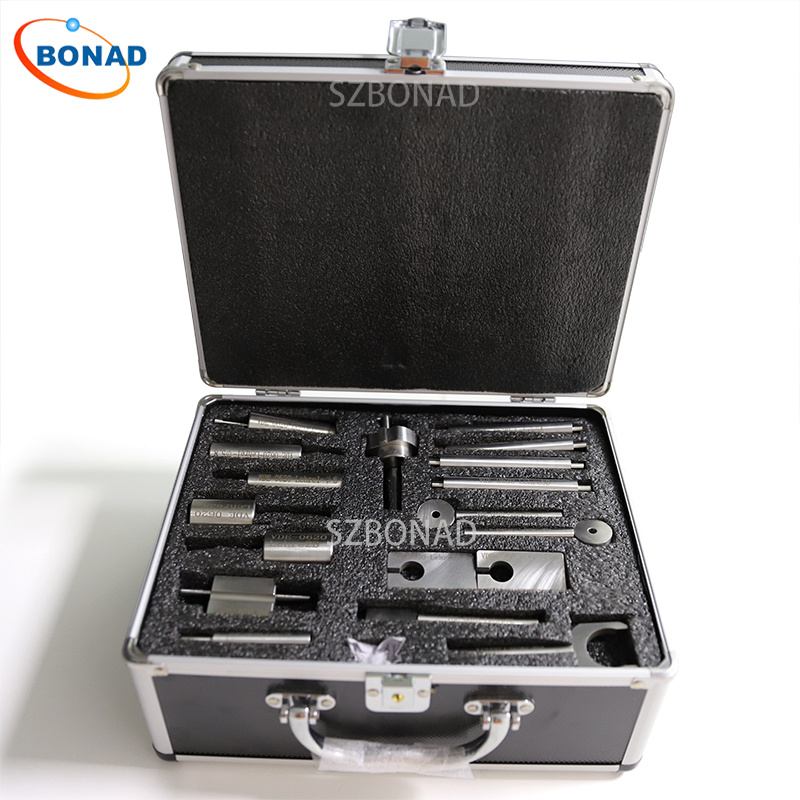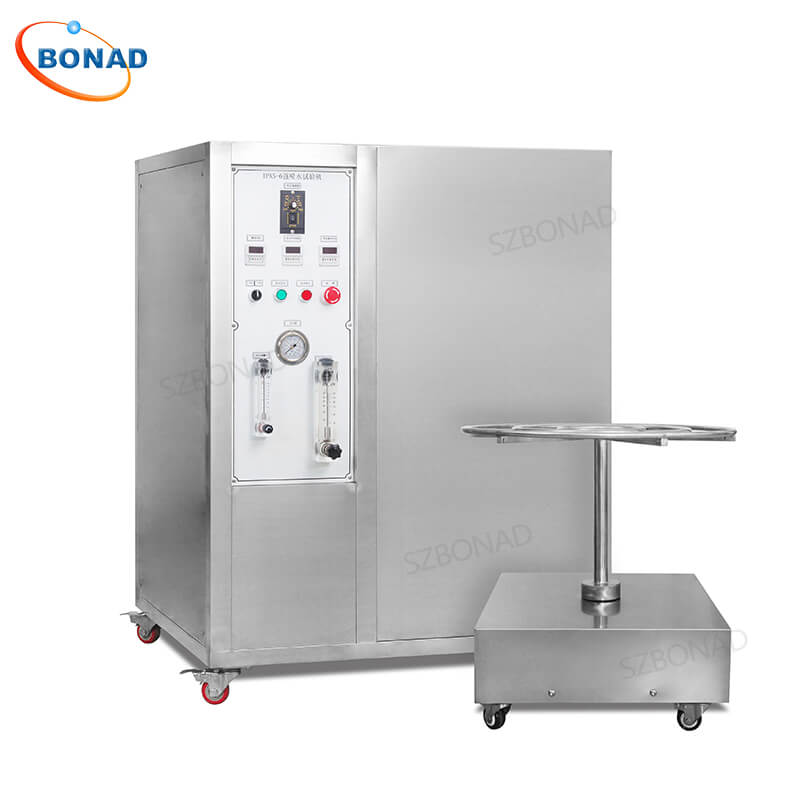Corrosion testing is essential to evaluate the resistance of materials like metals, coatings, or composites against environmental degradation. It helps manufacturers predict the lifespan and reliability of products used in automotive, aerospace, marine, and industrial environments.
What Is Corrosion Testing?
Corrosion testing demonstrates how materials react to moisture, salt, and temperature changes. Common corrosion examples include the rusting of steel, oxidation of metals, and degradation of coatings in real-world conditions such as humidity, rain, or salt fog.
How Does the Corrosion Testing Process Work?
When choosing the right corrosion test method, it’s important to consider the product’s environmental exposure throughout its life cycle.
Common laboratory tests include:
- ASTM B117 Salt Spray Test – Measures resistance to salt corrosion under continuous fog conditions.
- MIL-STD-883 Salt Atmosphere Test – Used in military and aerospace applications.
- RTCA DO-160 Humidity Test – Evaluates how electronic systems withstand moisture exposure.
Test specimens are subjected to high humidity, elevated temperatures, and salt mist in a controlled corrosive environment. After exposure, the material is examined for physical, electrical, or mechanical degradation.
Key Parameters in Corrosion Testing
- Controlled Corrosive Environment: Simulates natural corrosive conditions in a laboratory.
- Corrosive Conditions: Defines temperature, humidity, and acidity during testing.
- Mass Loss Measurement: The weight difference before and after exposure determines material deterioration.
- Salt Spray Exposure: Uses a fog chamber, salt solution reservoir, and precision air supply system.
Why Perform Corrosion Laboratory Testing?
Environmental corrosion can cause irreversible damage to metal components and electronic systems, including:
- Metal rust and coating failure
- Binding or clogging from salt deposits
- Insulation faults and electrical malfunctions
- Mechanical and chemical property degradation
Industries such as automotive, electronics, aviation, and defense rely on corrosion tests to ensure product reliability under harsh conditions.
BONAD’s Professional Corrosion Test Equipment
BONAD provides a full range of corrosion test chambers and environmental testing solutions, including salt spray, composite, fungal, and solar radiation testing. Our precision equipment helps manufacturers meet ISO, IEC, and ASTM standards.
Featured Product: Walk-In Composite Salt Spray Test Chamber
- Brand: SZBONAD
- Model: BND-CSST
- Standards: IEC 60068, ASTM B117-08, ISO 9227, ISO 14993-2001
- Applications: Automotive, aerospace, electronics, coatings, and communication industries
Key Features
- Separate refrigeration and spray systems for corrosion resistance
- Double-door design for large samples
- Anti-leakage sealing and stable temperature control
- High-performance atomizing nozzle and precision salt collection device
- Self-developed programmable controller interface
- Fully customizable to meet specific test requirements
The Walk-In Composite Salt Spray Test Chamber simulates marine and industrial environments to assess the corrosion performance of materials, coatings, and assemblies.

Partner with BONAD
BONAD’s environmental testing equipment is trusted by global manufacturers to ensure compliance with international corrosion standards.
Our team provides fast delivery, custom test solutions, and technical support to streamline your product validation process.
Ready to start?
Contact BONAD today to discuss your corrosion testing needs and discover why leading companies choose BONAD.


